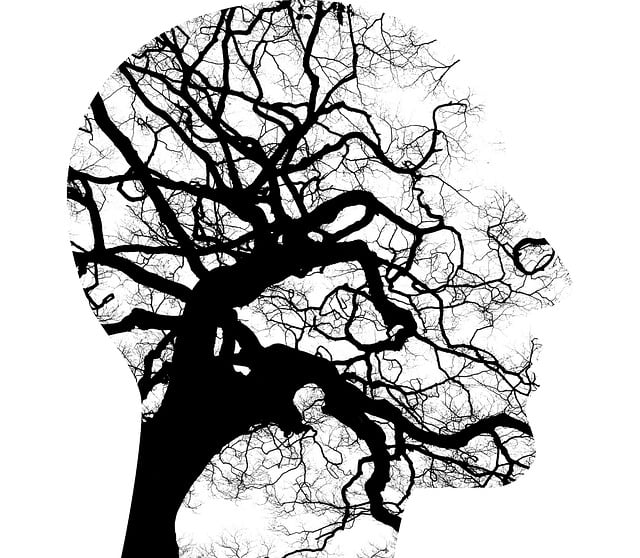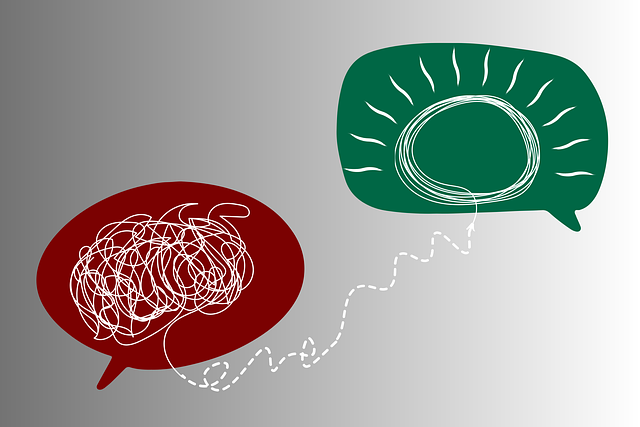Lafayette Sexual Addiction Therapy creates transformative mental wellness groups that provide supportive and culturally sensitive spaces for individuals struggling with sexual addiction. Their skilled facilitators use techniques like open dialogue, role-playing, and reflective practices to encourage emotional expression and understanding within the group. This holistic approach combines individual therapy with group sessions and stress management workshops, fostering community, enhancing coping skills, and promoting lasting recovery.
Mental wellness group facilitation is an art that fosters healing and connection. In this article, we explore effective techniques for leading supportive therapy groups, with a specific focus on Lafayette Sexual Addiction Therapy. Understanding the power of community and safety is key; creating spaces where individuals can openly discuss their experiences is transformative. We’ll delve into strategies that promote engagement, empathy, and growth, offering insights into how facilitators can guide members towards recovery and self-discovery, especially in addressing sensitive topics like sexual addiction.
- Understanding Mental Wellness Groups: Creating a Safe Space
- Facilitation Techniques for Effective Group Therapy
- Lafayette Sexual Addiction Therapy: Strategies for Support and Recovery
Understanding Mental Wellness Groups: Creating a Safe Space

Mental wellness groups serve as powerful platforms for individuals to connect, share experiences, and offer mutual support in a safe, non-judgmental environment. These groups play a pivotal role in fostering community and promoting healing, especially for those dealing with complex issues like sexual addiction, as exemplified by Lafayette Sexual Addiction Therapy. Creating such a space is an art that involves careful facilitation to ensure every member feels respected, understood, and valued.
A fundamental aspect of group facilitation is cultivating cultural sensitivity within mental healthcare practices. Recognizing the diverse backgrounds and experiences of participants allows facilitators to adapt their approach, ensuring inclusivity and empathy. This consideration is crucial when organizing stress management workshops or producing mental wellness podcast series that resonate with a broad audience. By embracing cultural sensitivity, facilitators create an atmosphere where individuals can openly discuss their challenges without fear of exclusion, fostering deeper connections and more effective healing processes.
Facilitation Techniques for Effective Group Therapy

Effective group therapy sessions rely heavily on skilled facilitation techniques that create a safe and supportive environment for all participants. One powerful approach is to encourage active engagement by fostering open dialogue and peer support. Techniques such as guided discussions, role-playing exercises, and experiential activities promote emotional expression and understanding among group members. For instance, facilitators at Lafayette Sexual Addiction Therapy may organize interactive workshops focused on stress management and anxiety relief, allowing individuals to share their experiences and learn coping strategies from one another.
Additionally, skilled facilitators employ reflective practices to enhance the therapeutic process. This involves actively listening, summarizing, and reflecting back emotions or thoughts expressed by group members. By creating a non-judgmental space, facilitators encourage emotional healing processes and help individuals gain new insights. These techniques not only improve individual well-being but also foster a sense of community within the group, making therapy sessions more engaging and effective for everyone involved.
Lafayette Sexual Addiction Therapy: Strategies for Support and Recovery

Lafayette Sexual Addiction Therapy offers powerful strategies for individuals seeking support and recovery from sexual addiction. This specialized treatment approach recognizes the unique challenges faced by those struggling with this complex issue, providing a safe and non-judgmental space for healing. Facilitators employ evidence-based techniques to help participants develop coping skills, enhance mental health awareness, and regain control over their lives.
Through group sessions, members gain valuable insights from peers who understand their experiences, fostering a supportive community. The focus on stress management workshops within the organization empowers individuals with tools to navigate triggers and cravings effectively. By combining individual therapy with group facilitation, Lafayette Sexual Addiction Therapy offers a holistic approach tailored to address the root causes of addiction, enabling lasting recovery and improved overall mental wellness.
Mental wellness group facilitation is an art that empowers individuals through community. As demonstrated by Lafayette Sexual Addiction Therapy’s strategies, creating a safe and supportive environment is key to effective group therapy. By employing techniques like active listening, structured agendas, and fostering open communication, facilitators can guide members towards healing and personal growth. These proven methods not only enhance mental wellness but also offer a unique, powerful approach to recovery, making group facilitation an invaluable tool in the healthcare landscape.










